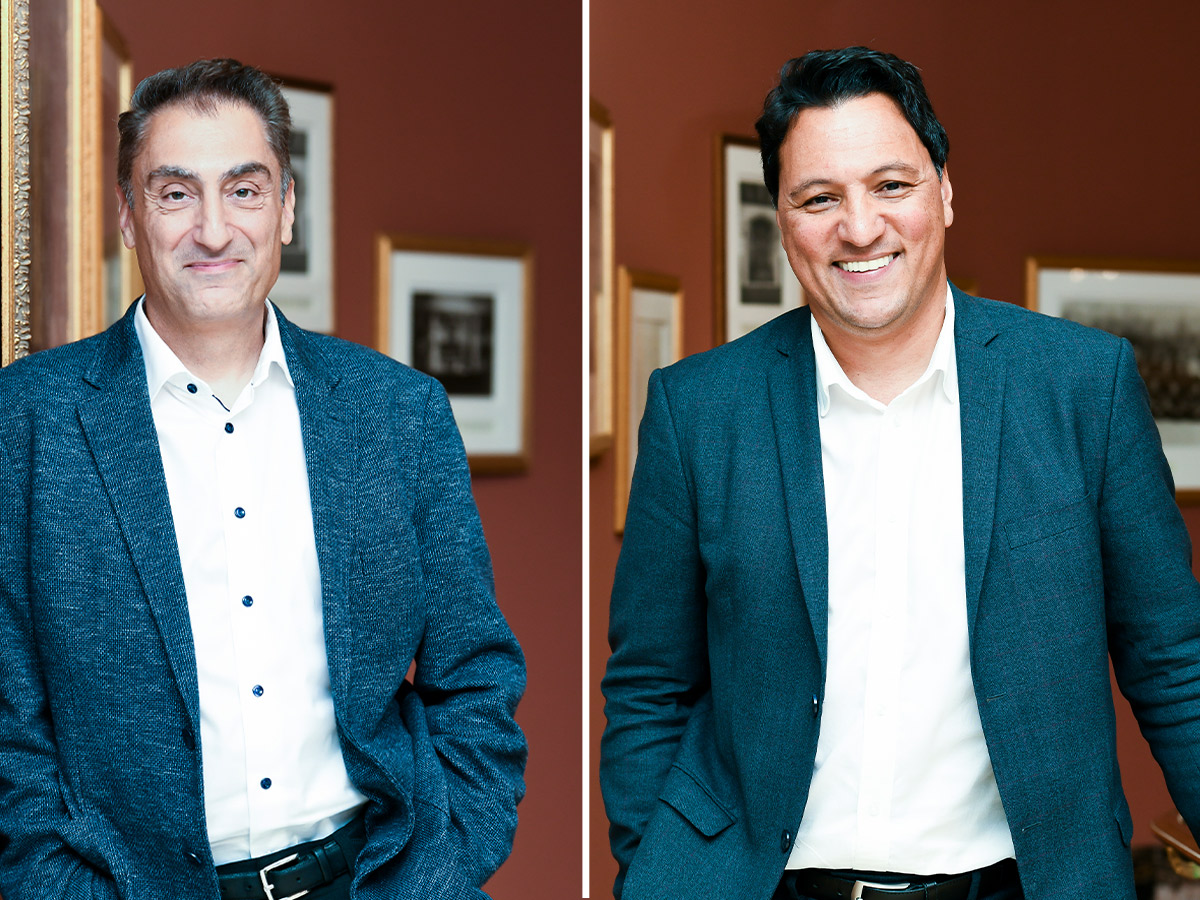
The Investment Management Corp. of Ontario is making its strategic allocation decisions based on a guideline of worldwide events that will shape investment themes for decades to come.
Speaking during a session at the Canadian Investment Review’s 2024 Risk Management Conference, Nick Chamie (pictured left), the IMCO’s chief strategist and senior managing director of total portfolio and capital markets, said the investment organization’s worldview framework gives it the rigour to identify and tether its portfolio to relevant investment themes. However, this model, he added, is also designed to ensure its portfolio is resilient to strong headwinds that can be associated with the emerging investment themes it’s pursuing.
The guidelines for the IMCO’s worldview aren’t rigid, said Chamie. Indeed, they need to be flexible and adjust based on a constant stream of new information. “It’s not a mathematical equation. It really is about trying to build a resilient portfolio.”
Read: IMCO betting big on private assets amid demand for sustainability
Also speaking during the session, Gareth Witten (pictured right), vice-president of investment risk at the IMCO, said these themes may begin broadly, such as the rise of artificial intelligence or energy transition, but the end goal is to find the areas in which the investment fits in the overall picture.
AI has led the investment organization to trace a direct line between the emergence of the technology’s consumer-facing applications all the way to the structural demands it will require as adoption increases. “The challenge we face now with all of that is that the cloud computing model is very centralized,” said Witten.
The IMCO’s investment team takes a large theme and then tries to find the disruption within its current structures, he added. With AI, it’s all about the centralized data management model and how it will respond to increasingly complex demands. “AI is going to play a role within the data centre, but really, for critical [reasons], . . . they’re going to have to make sense of that data better. And where we think the trend is going to happen is really on the edge of the network.”
Read: IMCO returns 5.6% for 2023, driven by public equities
The conversation around investing in energy transition has accelerated, noted Chamie, thanks to the emergence of funds from the U.S. around 2021. “In my view, in investing, it’s not a thing until the Americans say it’s a thing.”
During a U.S. election year, the investment industry will potentially see a rollback on the U.S.’ funding enthusiasm, which is likely to be pushed to other countries, he said.
Energy transition trends are going beyond simply investing in cleaner solutions, said Witten, noting the larger theme is in how a building is constructed and whether it’s future proof for green energy solutions. There’s a challenge, he added, from a lack of disruptive technology that really accelerates the adoption of clean energy.
“We, as an investment team, from our infrastructure to equity [teams], have to think really carefully about the disruption occurring and what does it really mean. It might be good for the environment, but does it actually make any real sense?”
Read more coverage of the 2024 Risk Management Conference.
